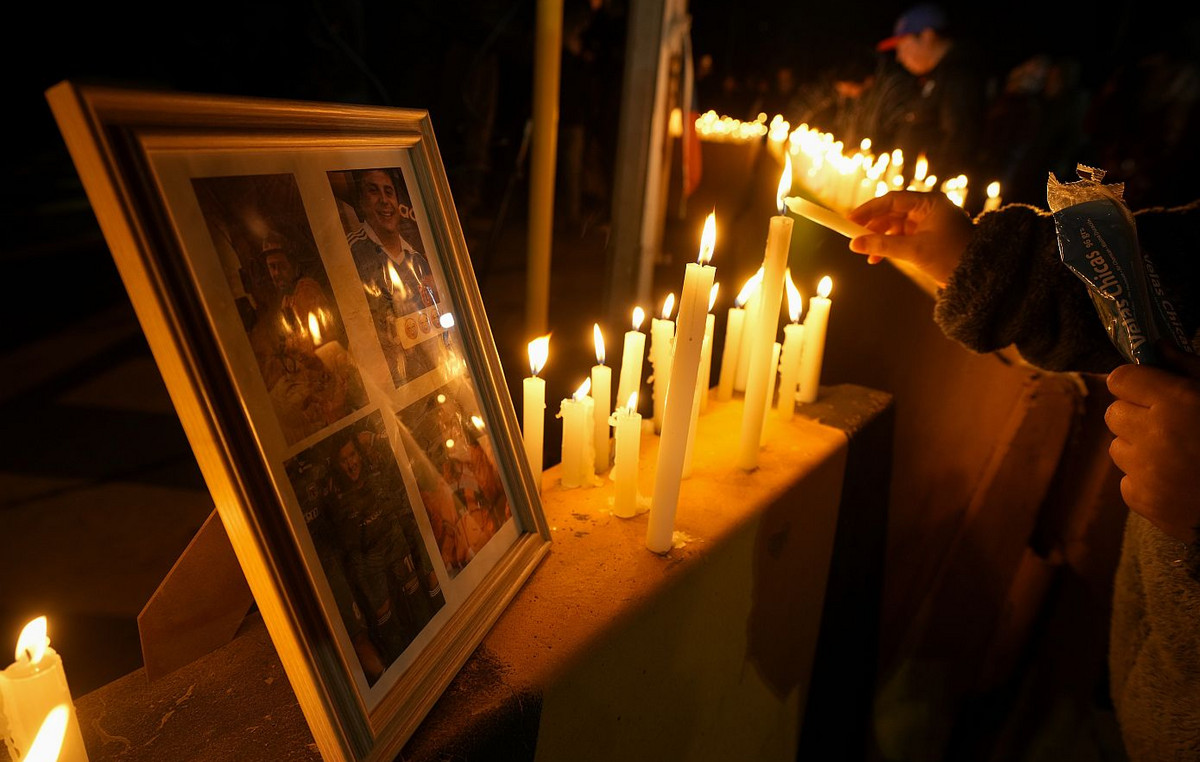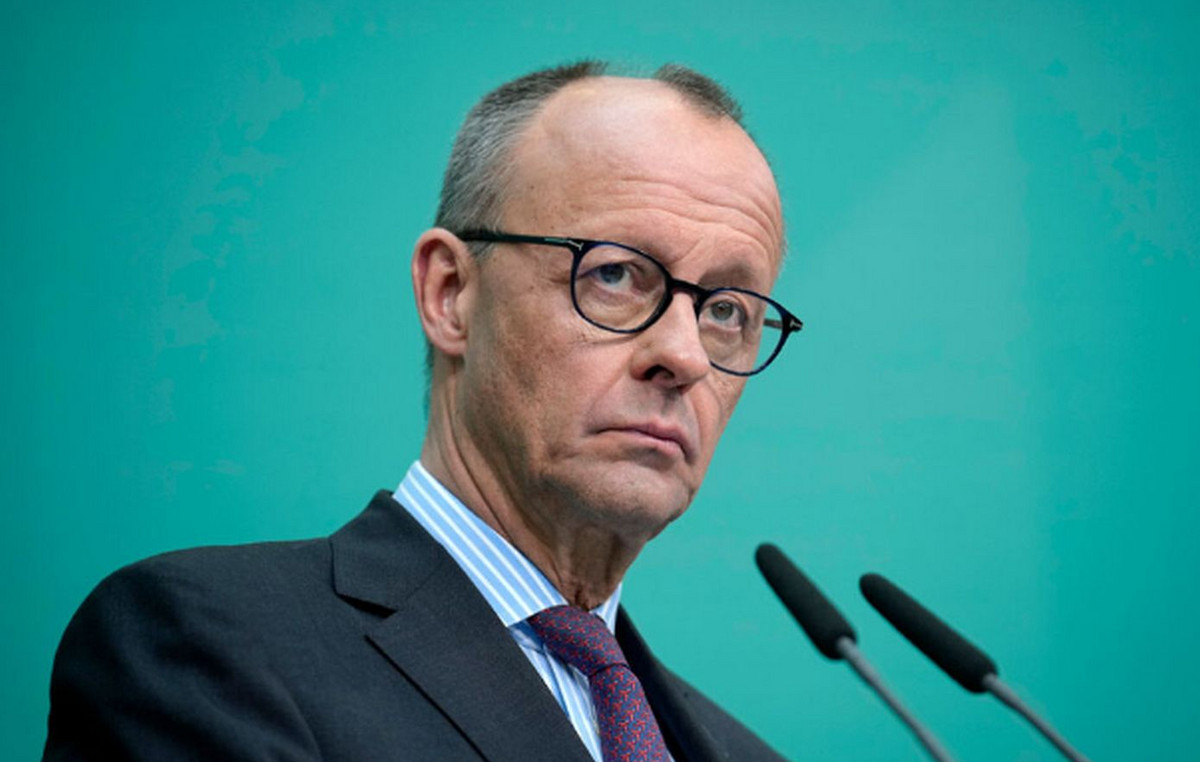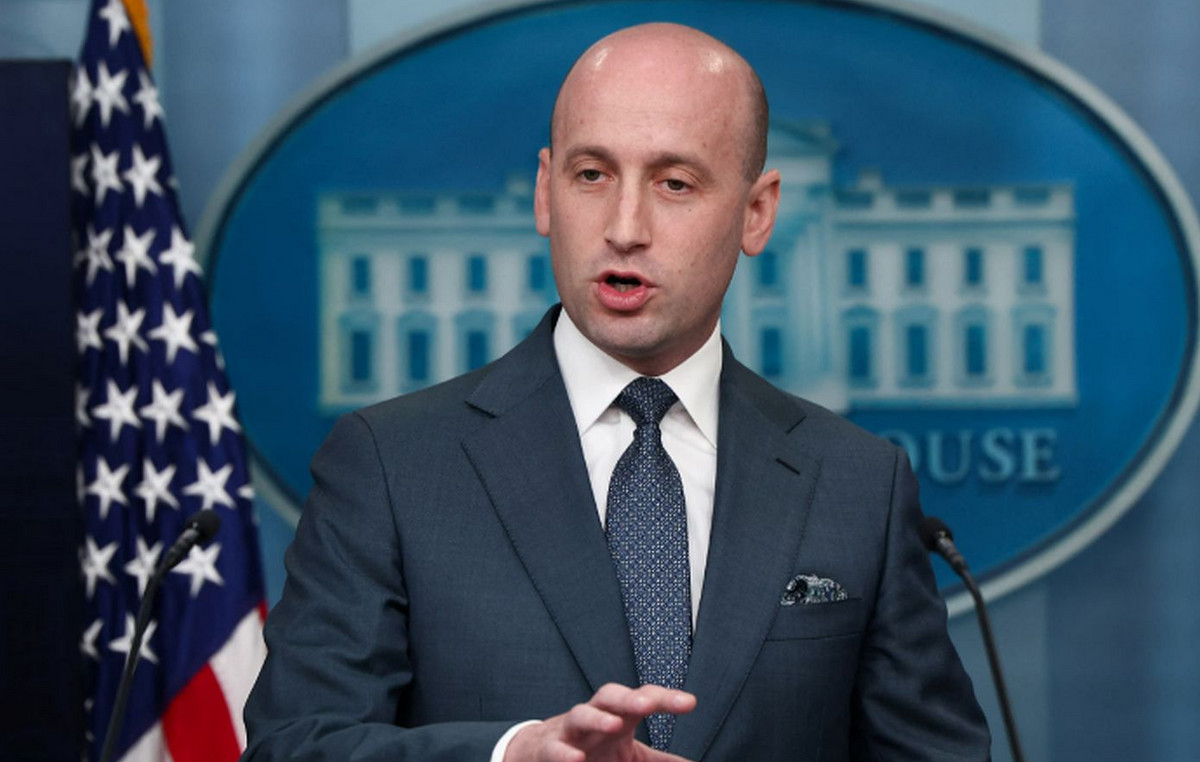The IPCA (Extended Consumer Price Index), the country’s official inflation indicator, ended 2021 at 10.06%. The result is above the goal ceiling established by the National Monetary Council (CMN), of 5.25%, and is the biggest in six years.
The data were released this Tuesday morning (11) by the IBGE (Brazilian Institute of Geography and Statistics).
In 2021, the central target of the inflation target was 3.75%, with a margin of tolerance ranging from 2.25% to a ceiling of 5.25%. Market analysts had expected a rise of 0.65% in December and 9.97% for the year.
In an interview with CNN, the economist of the Brazilian Institute of Economics (IBRE) of the Getulio Vargas Foundation (FGV), André Braz, pointed out that inflation was heavily pressured by fuel and energy.
“Whenever energy products go up in price, they feed the inflationary process. Because both the industry and the provision of services use these resources for the production of goods”, he said.
“Last year inflation was persistent and part of the persistence will be transferred to 2022. That is why inflation expectations for this year remain well above the target”, he added.
Natural phenomena, such as the heat wave that hits the Brazilian south and the rains in Minas Gerais and southern Bahia, can impact the Brazilian production of goods.
“We expected some relief from agriculture with the recovery of reservoirs. This happens in parts, but at a very large price. In the south, an extreme drought. Here in the Southeast, extreme rain in some regions. And these extremes are not good for agriculture”, he points out.
He says that the exact extent of the impacts caused by the climate on agriculture and mining is not yet known, “but some sequel will remain and enter the account of 2022 inflation”.
The FGV economist also argues that, even with the forecast of higher interest rates to try to contain inflation, forecasts already indicate that inflation will stick to the ceiling of the target, around 5%.
“The concern with inflation is natural and will sustain higher interest rates that will delay the recovery of our economy. But it’s the price we have to pay to try to hold back prices,” he concludes.
* With information from Ligia Tuon, from CNN Brasil Business
Reference: CNN Brasil







